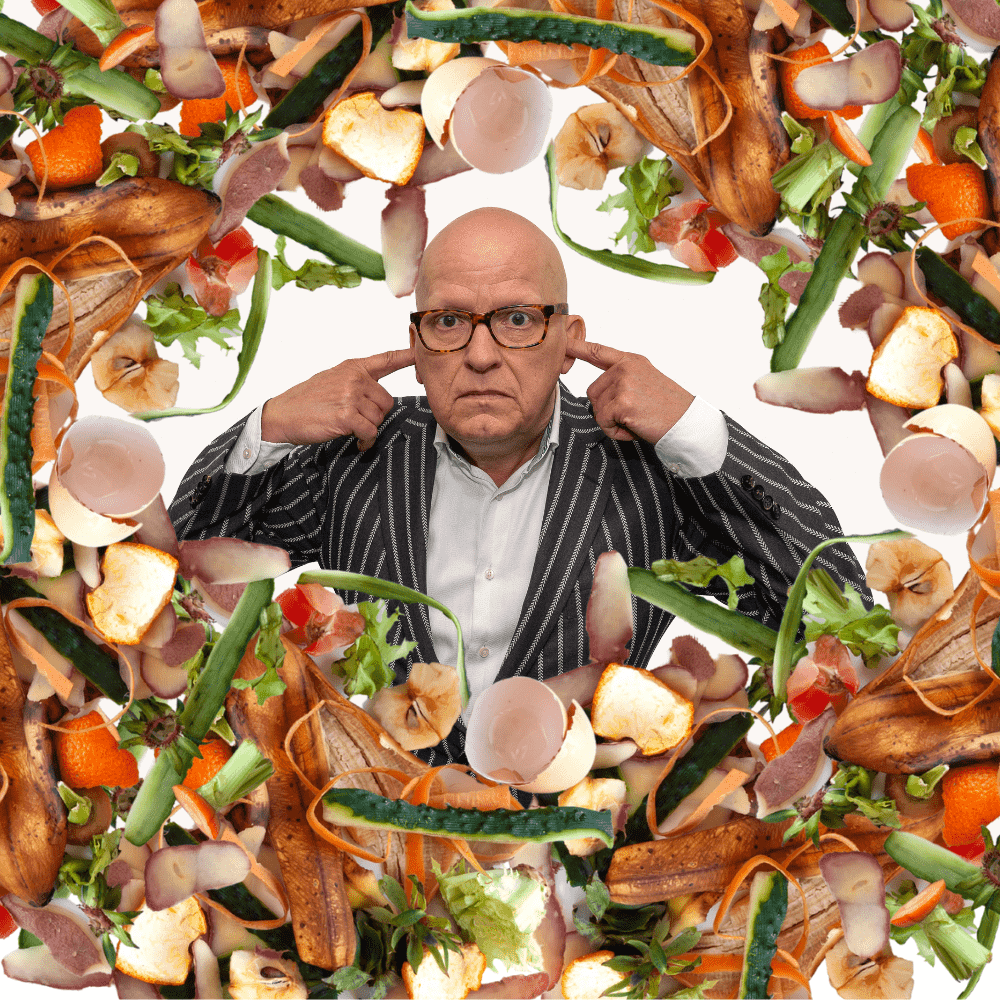There is no such thing as a perfect product
Even products like our compostable bags, whose sole aim is to benefit the planet, come up against some opposition. As much as we wish that wasn’t the case, it is. And, in the interest of full transparency, we want to share these oppositions with you, as well as our responses, so that you can feel confident in your choice to either use compostable film products or not.
Criticism for compostable film products most commonly stem from:
- Using outdated/non-scientific information to form objections (this blog)
- Presenting truth in a dishonest way
- Legitimate challenges that need to be addressed by the industry
Let’s go over examples of the first one; using outdated information.
Using Outdated Information

Compostable technology is relatively new and evolving. It wasn’t long ago that biodegradability was thought to be the gold standard for a product breaking down. Here’s a quick review of the important difference between biodegradable and compostable.
Biodegradable: The ability to break down into tiny fragments over time. Technically, everything is biodegradable since everything will eventually break down. Things that biodegrade in a specific time period were thought to be environmentally friendly until it was realized that fragments of that product were left behind and would contaminate the environment, or compost that they were in.
Compostable: The ability of the carbon that makes up the product to break down into CO2 in a composting environment. This is a truly Zero Waste end of life as the original product will fully break down resulting in contamination-free compost.
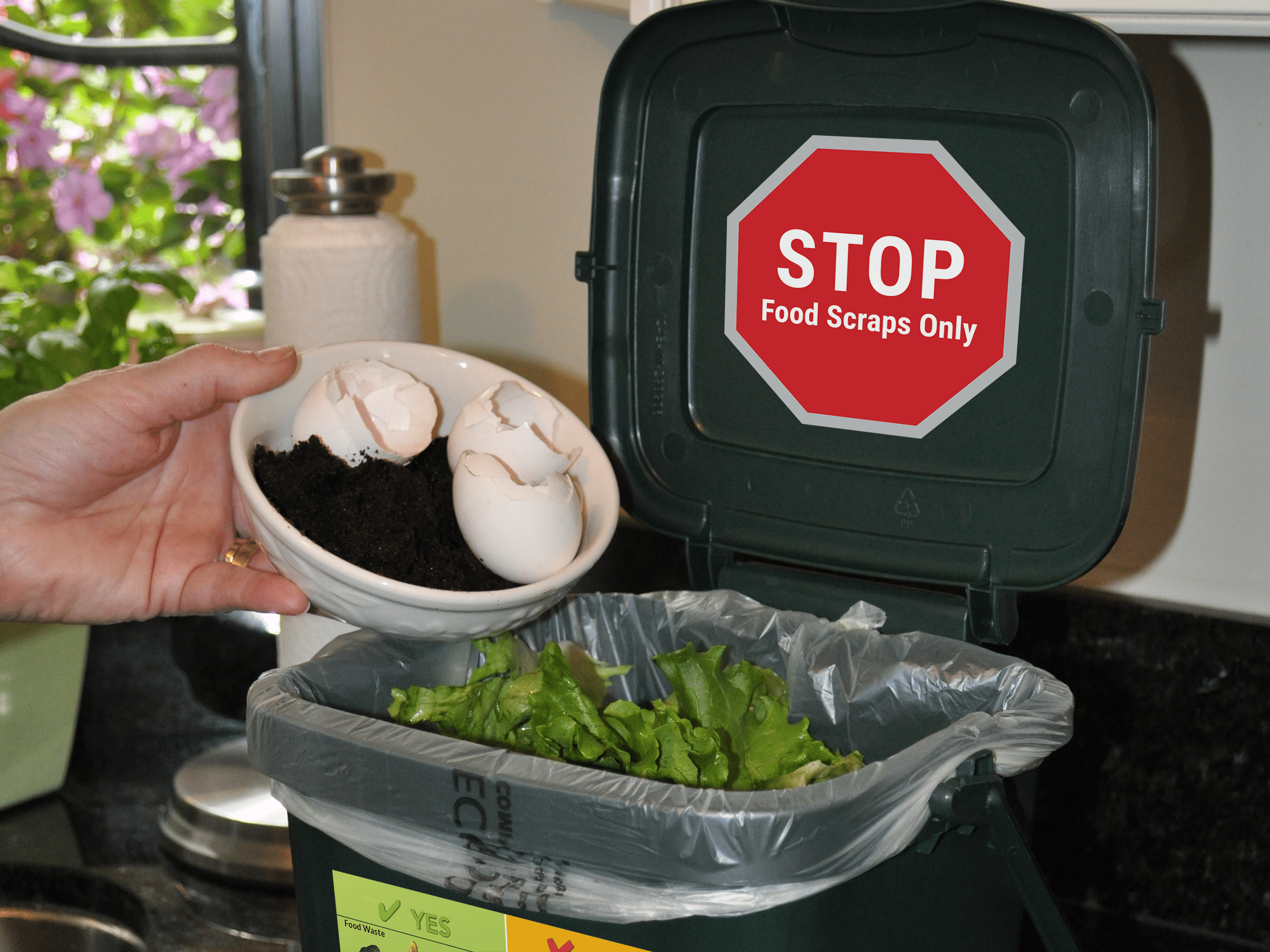
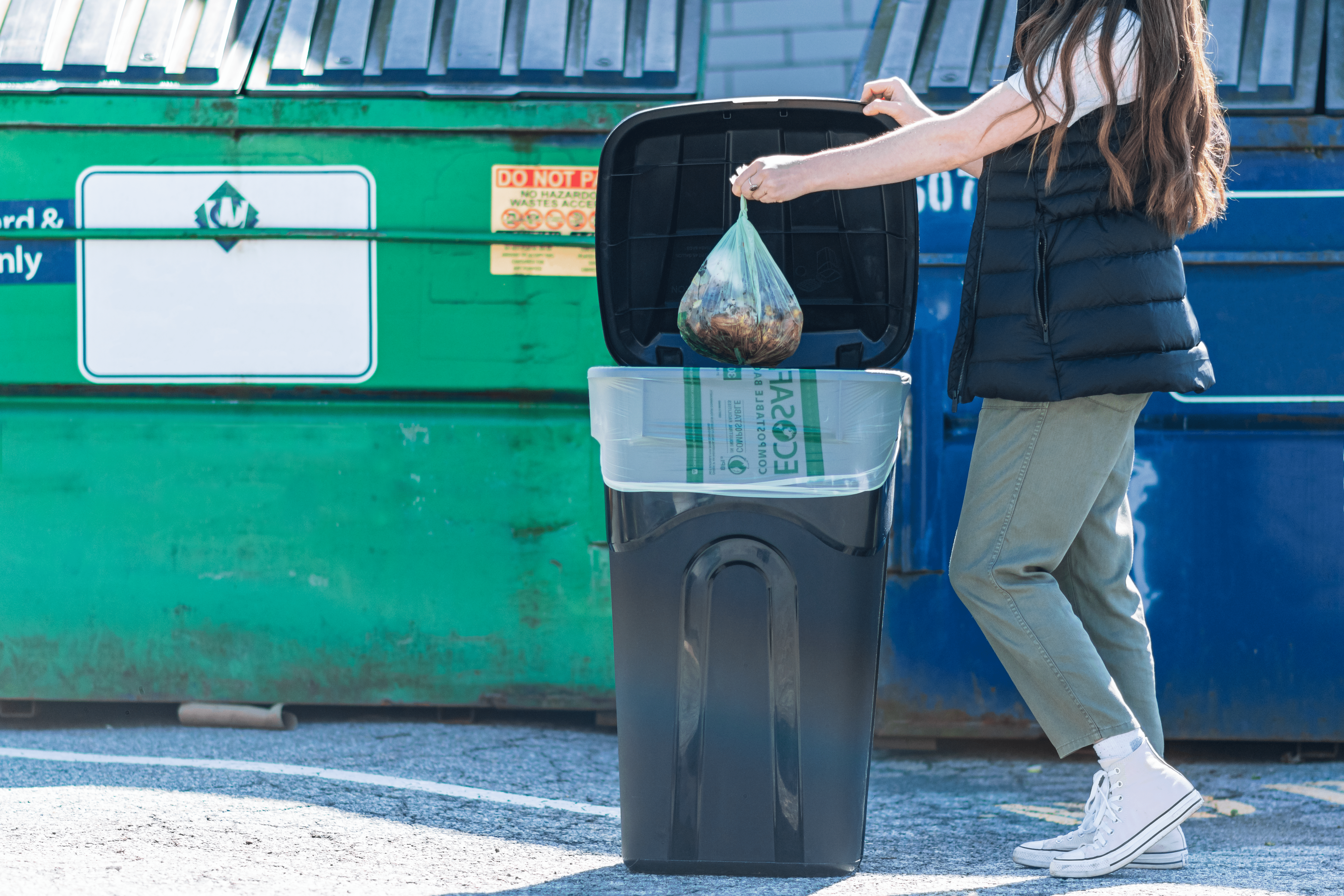
EcoSafe Then and Now
In fact, the roots of EcoSafe are in biodegradable technology back when that was still thought to be effective. When information came to light about the downsides of biodegradable products and the upsides of compostable products, EcoSafe made the switch over 15 years ago.
Unfortunately, in our own backyard of Vancouver, British Columbia, legislation is still based on the lack of information and confusion from the biodegradable era. At that time, the city rightly chose not to allow biodegradable products into the compost stream.
Now, Vancouver and many cities like it, aren’t willing to take the bold step to accept compostable products because of the previous confusion between biodegradable and compostable products. This is despite the overwhelming evidence and long track record of success for compostable products. Some composters are even still unsure about certified compostable film products despite the rigorous testing and certifications that the products go through.
The two most influential certifications for compostability in North America are BPI and CMA. Together, they form the best possible combination of assurances that compostable products will act as advertised and break down and not contaminate the compost they are in.
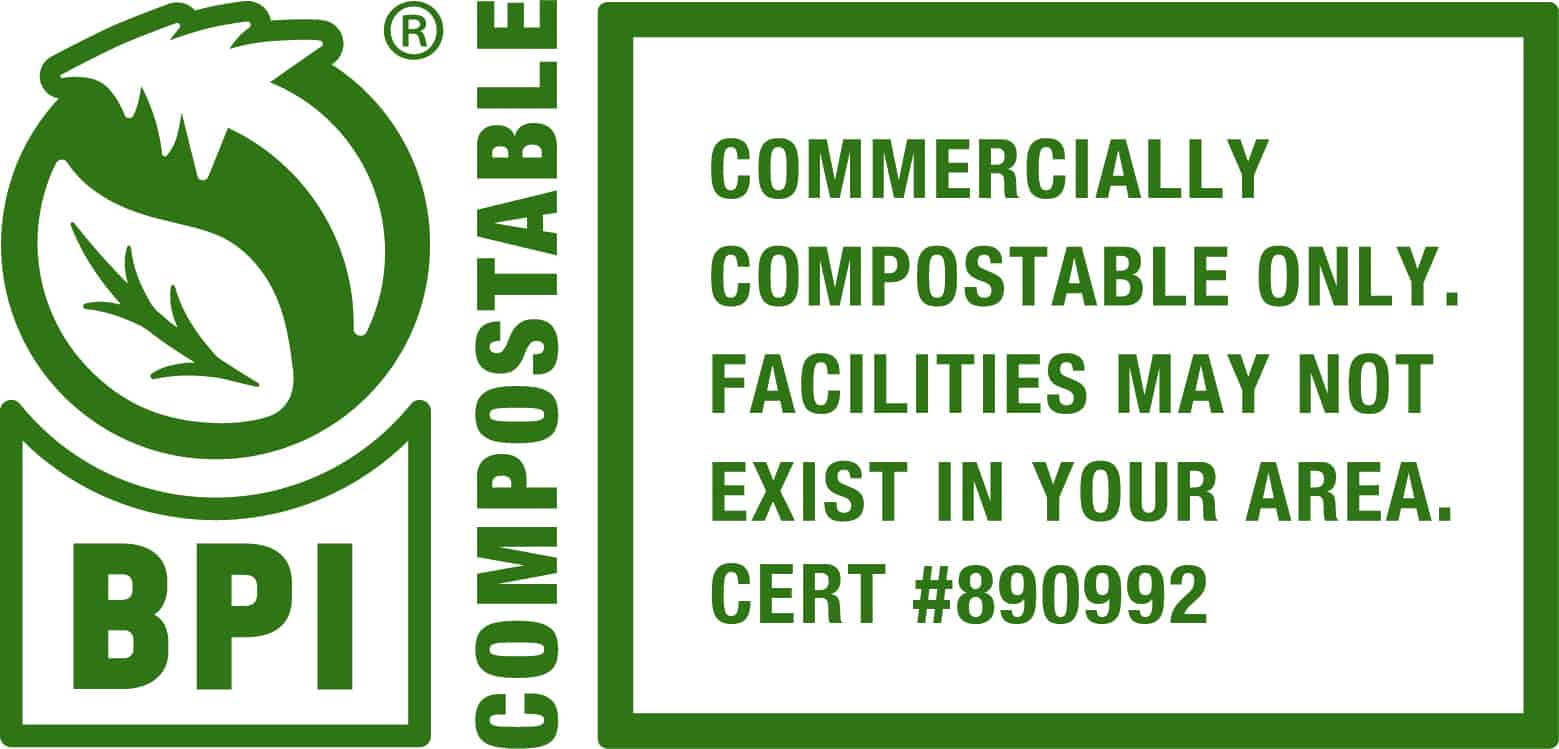
BPI is the Biodegradable Products Institute. “Biodegradable” in the name might throw you off, but it speaks more to the fact that this organization has been around for quite a while. BPI is a very scientific organization that certifies based on the ASTM D6400 standard. That means that they test how a material breaks down in a laboratory environment. The tests are laboratory controlled and produce consistent results because of that.
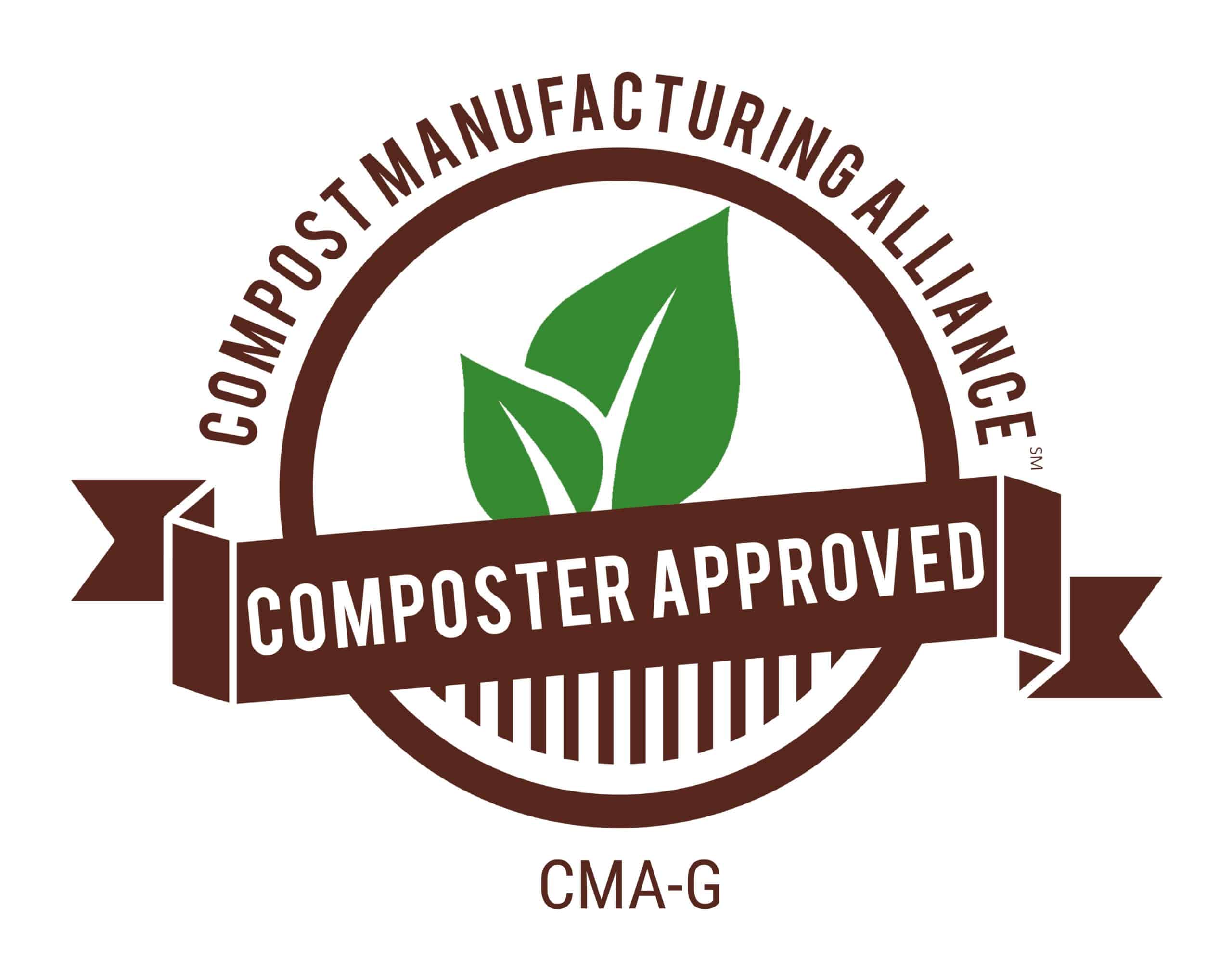
CMA is the Compost Manufacturing Alliance. This organization fills that real-world gap left by the BPI certification. They test products in a specific type of composting system and report on the results. There are several ways to turn organics into compost (in-vessel, wind row, aerated static pile), so knowing how products perform in each can give further peace of mind to composters using these methods.
Naturally, since EcoSafe’s mission is to “make composting second nature” we work very hard to ensure all our products are certified by BPI as well CMA in every available composting system. We are also constantly trying to speak with, and show evidence to, elected officials in charge of making these types of decisions for Vancouver and other cities like it.
We are only one voice. If you are a resident of BC, or if you just want to help our cause, please click the link below to respond to the Preventing Single-Use and Plastic Waste in British Columbia – Intentions Paper. The intentions paper suggests very positive changes for single-use plastic waste, but still doesn‘t support certified compostable products.
Please fill out the survey to voice your support! If we can get over this hurdle, we can help residents and businesses of BC keep the half a BILLION pounds of organic waste produced every year out of landfills.
Take the public survey and voice your support by July 5th, 2022. If you’re a business, here’s the business survey.
If you have more to say, you can send a written submission to the Clean BC Plastics Action Plan here.
Stay tuned for our next blog post that will cover how biased information can be used to make seemingly compelling arguments against compostable film products.
Food loss and waste occur at each stage of the supply chain. The biggest proportion (about 37%) happens in the home.
ReFED, 2021

